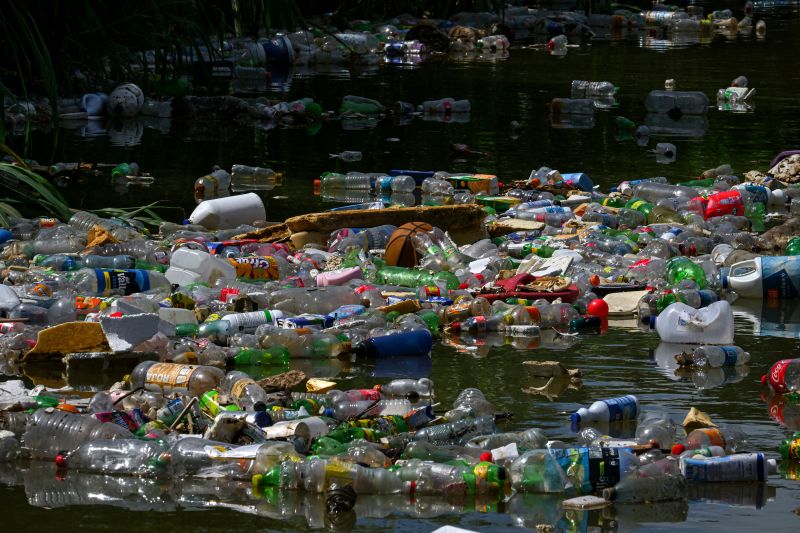
UN Plastic Talks End in Disappointment as Countries Struggle to Find Common Ground
Countries Fail to Reach Agreement in UN Plastic Talks
The United Nations convened a meeting on plastics to address the global issue of plastic pollution, but unfortunately, countries were unable to come to a consensus. The discussions revolved around finding ways to reduce plastic waste and improve recycling, but differing viewpoints and priorities hindered progress.
One of the key challenges faced during the talks was the lack of a unified approach towards tackling plastic pollution. Some countries emphasized the need for strict regulations and targets to reduce single-use plastics, while others raised concerns about the economic impact of such measures on their industries. This divergence in opinions made it difficult to reach a compromise that would satisfy all parties.
Moreover, the issue of responsibility sharing was another point of contention among countries. Developing nations argued that developed countries, which historically contributed the most to plastic pollution, should bear a greater burden in addressing the problem. On the other hand, developed nations highlighted the importance of collaboration and equitable distribution of responsibilities to effectively combat plastic pollution on a global scale.
Furthermore, the talks also revealed the complex interconnectedness of various environmental challenges. Participants acknowledged that plastic pollution is just one aspect of a larger issue of environmental degradation and climate change. This realization underscored the importance of adopting a holistic approach that considers the interconnected nature of environmental challenges and seeks integrated solutions.
Despite the lack of a formal agreement, the discussions at the UN meeting on plastics highlighted the urgent need for collective action to address plastic pollution. Participants recognized the severity of the issue and the importance of working together to find sustainable solutions. Moving forward, it will be crucial for countries to continue engaging in dialogue, sharing best practices, and collaborating on initiatives to reduce plastic waste and safeguard the environment for future generations.
